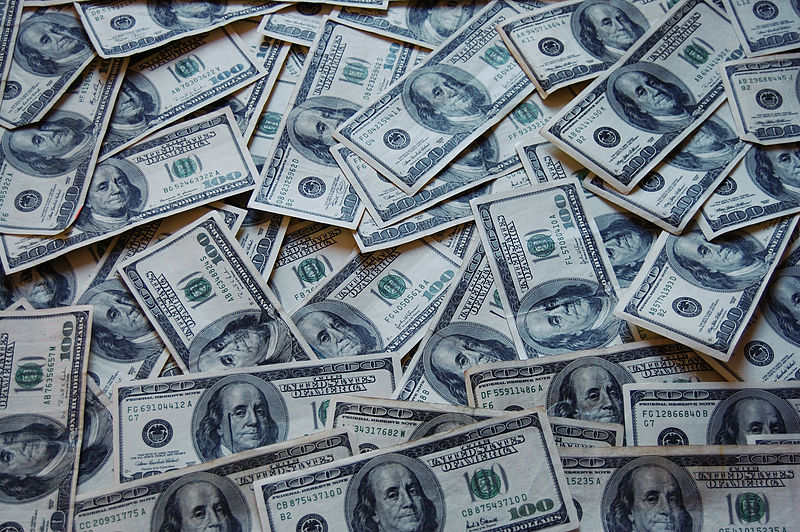As lawmakers try to find ways to deal with the state’s financial problems, the House Finance Committee discussed a bill that could put $9 million back in the budget. The bill originating in the House’s Finance Committee would end the Racetrack Modernization Fund.
The fund was created in 2011 to supplement the cost of upgrading video lottery terminals – or digital slot machines and other lottery games. There are four racetrack casinos in the state – Mardi Gras in Cross Lanes, Mountaineer in Chester, Wheeling Island in Wheeling, and Hollywood in Charles Town.
Three of those casinos are in border areas and bring in out-of-state gamblers who contribute to West Virginia’s overall income. But in the mid-2000s, surrounding states began building casinos of their own. The fund was seen as a way to keep West Virginia’s gaming facilities more competitive.
Each year, lawmakers set aside $9 million in the Racetrack Modernization Fund for the upgrades, and any unused money rolls over from year-to-year. Currently, there’s $7.5 million leftover from last year. But the fund itself is only supposed to last until 2020. The House Finance Committee’s bill would end the fund three years early and re-appropriate the money to general revenue.
Some delegates in the Northern and Eastern Panhandles, however, had concerns about ending the fund, including Democratic Delegate Jason Barrett, of Berkeley County, who questioned Louis Southworth, an attorney representing the West Virginia Racing Association
“What kind of decrease in revenue have these casinos seen with this increased competition?” Barrett asked.
“I believe that in some of the years the racetracks were contributing around $450 million to the state,” Southworth said, “Last year, it was $367 million, so there’s been a decline, but at least the tracks feel that the fund has helped them keep that level up, and it would’ve been a lot worse if they hadn’t had it.”
“Would you agree that a lot of the players at these casinos are from out of state and having up-to-date games on these slot machines are critical to bringing those people in?” Barrett asked.
“No question,” Southworth answered, “It’s probably 80 to 90 percent from out-of-state, and the competition is fierce.”
Republican Delegate Erikka Storch, of Ohio County, also opposed the bill. She says the casino in her area is a huge contributor to her community, and losing the fund could make them less viable.
“If the racetrack doesn’t have the ability of that capital to upgrade their machines, will they have to lay off people? Will they have to, you know, direct their resources in other ways to maintain a competitive advantage? Will they be able to be a good player in the community as they have been? You know, they support a lot of nonprofits, they host a lot of things, they’re a major donor to a lot of things; they give back to the community a lot,” Storch explained, “Will they be able to do that? Or will they have to redirect those funds toward their capital necessities?”
Storch says she and some of her colleagues may consider offering an amendment on the floor.
House Finance Chair Eric Nelson, of Kanawha County, says he’s sympathetic to his colleagues’ concerns, but points out it’s additional revenue that can help balance the state’s budget deficit.
“I’ve got a casino, or gaming facility right in my backyard; fully aware of that,” Nelson said, “It is one of the balancing acts, you know. The priority of giving certain people or industries tax credits versus balancing the budget and doing other things like cuts and other revenue measures.”
The House Finance Committee did vote to move the bill to the full House, but on a close roll call vote of 14 to 11.
